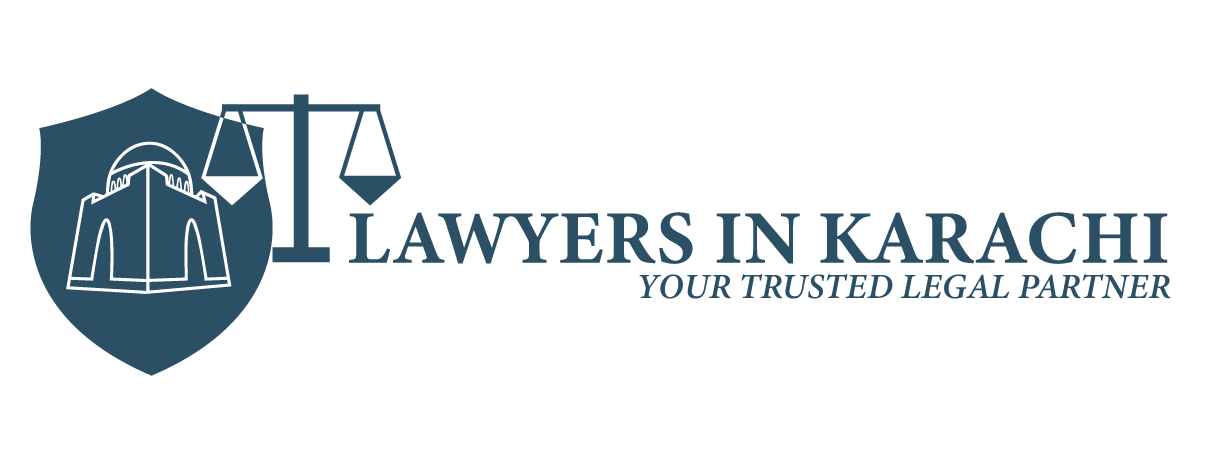FIA Cyber Crime – Complete Legal Guide by Lawyers in Karachi
Overview: With the increasing use of the internet, smartphones, and social media, cyber-related offenses have risen rapidly across Pakistan. As a result, FIA cyber crime laws now play a critical role in protecting individuals, families, and businesses from digital threats. Understanding how these laws work, what actions qualify as cyber crime, and how legal remedies are pursued is essential for anyone affected by online misconduct. This comprehensive guide explains the scope of FIA cyber crime in Pakistan, the legal framework behind it, and the importance of professional legal assistance in Karachi. What Is FIA Cyber Crime in Pakistan? FIA cyber crime refers to offenses committed through electronic systems, digital platforms, or online networks that are investigated by the Federal Investigation Agency under the Prevention of Electronic Crimes Act (PECA). These laws are designed to address modern crimes that traditional legal frameworks could not effectively handle. Therefore, any misuse of technology that harms an individual’s privacy, finances, reputation, or data security may fall under FIA cyber crime jurisdiction. Types of Cases Covered Under FIA Cyber Crime Cyber crimes can take many forms. However, the most common cases handled by the FIA include: Online harassment and cyber stalking Social media blackmail and threats Fake profiles and impersonation Hacking of social media or email accounts Online financial fraud and scams Unauthorized access to personal or corporate data Digital defamation and misuse of images Because these offenses often involve complex technical elements, FIA Lawyer in Karachi investigations require both legal and digital expertise. Legal Framework Governing FIA Cyber Crime The Prevention of Electronic Crimes Act provides the legal foundation for prosecuting cyber offenses in Pakistan. Under this law, various acts are criminalized, including unauthorized access, identity theft, and online exploitation. Moreover, the law empowers FIA authorities to conduct investigations, seize digital evidence, and initiate legal proceedings. However, due to strict procedural requirements, proper legal handling remains essential from the very beginning. Who Can Report an FIA Cyber Crime Case? Any person or organization affected by a cyber offense can approach FIA Lawyer in Karachi authorities. This includes: Individuals facing online harassment or fraud Businesses experiencing data breaches or digital fraud Parents reporting cyber exploitation involving minors Overseas Pakistanis affected by cyber crimes linked to Pakistan Nevertheless, the complaint must clearly fall within the scope of cyber crime laws to be entertained. How FIA Cyber Crime Complaints Are Investigated Once a cyber crime matter is reported, the FIA follows a structured process. Initially, the complaint is reviewed to assess its legal merit. Afterward, if sufficient grounds exist, an inquiry may be initiated. During the investigation, digital evidence is collected, including electronic records, device data, and online activity logs. Subsequently, suspects may be summoned, and forensic analysis may be conducted. Eventually, if the offense is established, legal proceedings can begin. However, delays often occur when complaints lack clarity or supporting documentation. Therefore, legal guidance plays a crucial role in ensuring efficiency. Importance of Legal Representation in FIA Cyber Crime Matters Although individuals can approach FIA cyber crime authorities directly, professional legal assistance significantly strengthens a case. Cyber laws involve technical language, procedural rules, and evidentiary standards that require expert handling. A cyber crime lawyer can assist by: Drafting a legally sound complaint Ensuring proper classification of the offense Communicating effectively with investigating officers Safeguarding the complainant’s legal rights Representing clients during inquiries and proceedings As a result, legal representation improves both the speed and outcome of FIA Lawyer in Karachi cases. Common Challenges Faced in Cyber Crime Cases Despite legal protections, cyber crime victims often face difficulties. For instance, lack of technical knowledge, incomplete evidence, or delayed reporting can weaken a case. Additionally, cyber offenders frequently use fake identities, making investigation more complex. Therefore, timely action and professional support are essential. The earlier a case is handled correctly, the stronger its legal standing becomes. Rights of Individuals Involved in FIA Cyber Crime Cases People involved in FIA cyber crime cases, whether as complainants or accused, are entitled to certain legal rights. These include: Confidentiality of personal information Fair and transparent investigation Right to legal counsel Protection against unlawful harassment Right to due legal process Understanding these rights ensures that individuals remain protected throughout the legal journey. Frequently Asked Questions (FAQs) What qualifies as an FIA cyber crime in Pakistan? Any illegal activity conducted through electronic systems, including fraud, harassment, or hacking, may qualify. Is FIA cyber crime limited to social media cases? No, it covers all digital platforms, including emails, websites, and financial systems. Can businesses file FIA cyber crime complaints? Yes, organizations can report data breaches, fraud, and digital misconduct. Is legal support necessary for cyber crime cases? While not mandatory, legal assistance significantly improves case handling and outcomes. How long does an FIA cyber crime case take? The duration depends on evidence quality, case complexity, and investigative requirements. Conclusion As technology continues to shape modern life, FIA cyber crime laws have become a vital tool for protecting digital rights in Pakistan. From online harassment to financial fraud, these laws provide a legal pathway for justice. However, due to the technical and procedural nature of cyber crime cases, professional legal guidance remains indispensable. For individuals and businesses in Karachi, working with experienced lawyers ensures that FIA Lawyer in Karachi matters are handled lawfully, efficiently, and with maximum legal strength.





